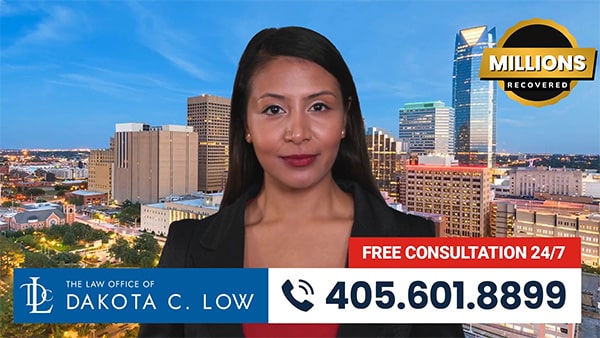Instead of going to court, many personal injury lawsuits are settled through negotiated personal injury settlement agreements. The tort system’s main premise is that victims are compensated for the losses they have suffered as a result of their injuries. A personal injury settlement may be taxable depending on the injuries or losses for which the victim is being paid.
What Is the Taxable Amount of a Personal Injury Settlement?
Personal injury settlements are normally not taxed under federal law. If a victim’s payment is based on a wage loss claim, however, it is taxable. Because lost wages are not considered compensation, this is the case. The amount of money the victim would have made and paid taxes on if they hadn’t been injured is referred to as lost wages. Punitive damages are not intended to compensate an injured victim, thus any portion of a settlement based on them is taxable. Punitive damages are intended to punish someone who has engaged in irresponsible, wanton, or willful behavior.
If a breach of contract caused a victim’s disease or physical ailment, the settlement may be liable to taxation. Finally, if a victim receives a non-taxable financial settlement but places it in an interest-bearing account, the interest is taxable because it is considered additional income.
What Part of a Personal Injury Settlement Isn’t Subject to Taxation?
A victim’s settlement is not taxed if it is the result of a physical injury or disease. The resulting personal injury settlement cannot be taxed if the victim suffered emotional distress as a result of the physical injury. Settlements for non-economic losses like physical disfigurement or pain and suffering are also exempt from taxation. If a victim receives money for economic damages like as medical expenses or property damage, the settlement is also not taxable.
What Kinds of Personal Injury Settlements Aren’t Taxable in Personal Injury Cases?
Personal injury attorneys in Oklahoma frequently negotiate settlements that are paid to plaintiffs in one flat sum. Victims who get significant settlements may opt for a structured settlement agreement, which is a payment plan that is paid out over time rather than in one flat sum. Structured settlements have numerous advantages. They provide financial predictability to tortfeasors and insurance carriers. The key advantage for victims is that structured settlements are tax-free, maximizing their financial compensation.
To gain the experienced counsel you need to prevail in your injury case and maximize your economic returns, ask The Law Office of Dakota C. Low for help.
The Law Office of Dakota C. Low can help you evaluate your options and create the very best outcome, preserving your maximum compensation, tax adjusted, if your award is taxable. Contact Dakota Low today for a free case review and consultation at 405.601.8899 or use our contact form.









